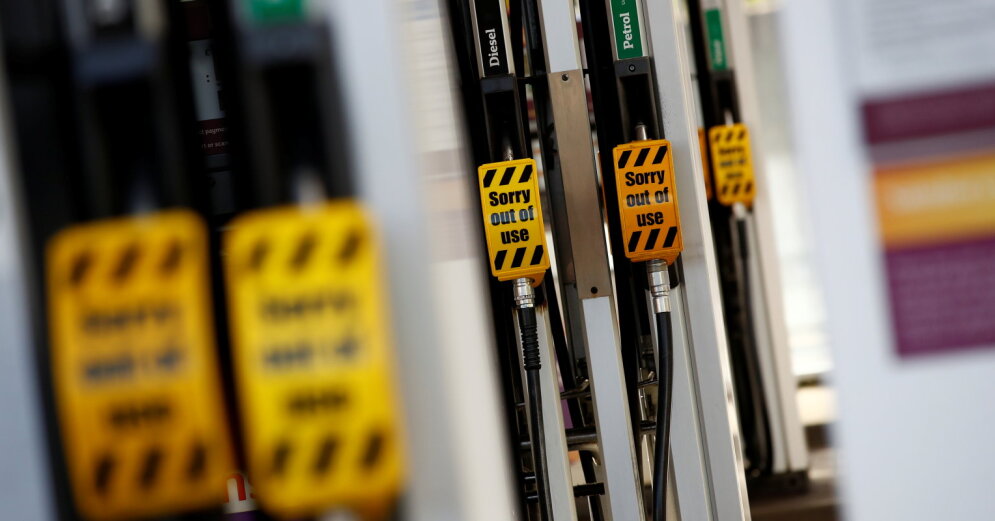Harianjogja.com, JAKARTA – Cardiovascular disease is one of the diseases that has claimed the lives of many people.
However, over time, with the advent of advanced technology and improved facilities, we are becoming more aware and better informed about how to identify and manage heart disease.
Cardiac arrest and heart attack are some of the most common but deadly complications of the heart. Given that they came suddenly.
Therefore, it is very important that we know when to take action. Here are some warning signs to watch out for, according to the Times of India:
1. Extreme anxiety and heart palpitations
People suffering from heart disease may experience anxiety attacks and heart palpitations. Research also shows that people who face extreme anxiety early in their lives are more prone to heart disease. Anxiety can be the result of a stressful lifestyle or a mental health disorder. Another common symptom of anxiety is an abnormally increased heart rate, also known as palpitations. People with irregular heartbeats are often more at risk for heart complications.
2. Pain radiates to the arm
Many people, prior to having a heart attack, have reported pain and discomfort in the center of the chest that lasts more than a few minutes. This can cause severe chest pain that comes and goes and over time spreads to the arms, neck, jaw, and other parts of the body. Left arm pain is one of the most common symptoms of a heart attack.
According to The American Heart Association, a person should seek medical attention if left arm pain suddenly worsens for several minutes.
3. Nausea and loss of appetite
Indigestion problems, abdominal pain, nausea and loss of appetite have been linked to cardiovascular disease. Even though these symptoms seem like common gastrointestinal ailments, one should be alert and seek all the necessary attention.
4. Feeling dizzy or fainting
According to the Centers for Disease Control and Prevention, those with heart conditions may feel weak, dizzy, or may faint. “You may also break out in a cold sweat,” the health agency added. When the heart does not pump blood properly and blood circulation to the brain is reduced, it causes dizziness, which leads to loss of consciousness. That said, any time you experience such an episode, it’s important to call your doctor and have your heart checked.
5. Your skin turns pale or bluish
Your skin can also say a lot about how well your heart is functioning. While this isn’t the most common sign, when it does occur, it could be because your heart isn’t pumping enough blood, leading to reduced blood flow and decreased red blood cells. However, don’t panic when you see pale skin and seek medical help to identify the source of the pale skin.
Source: business.com
– .


